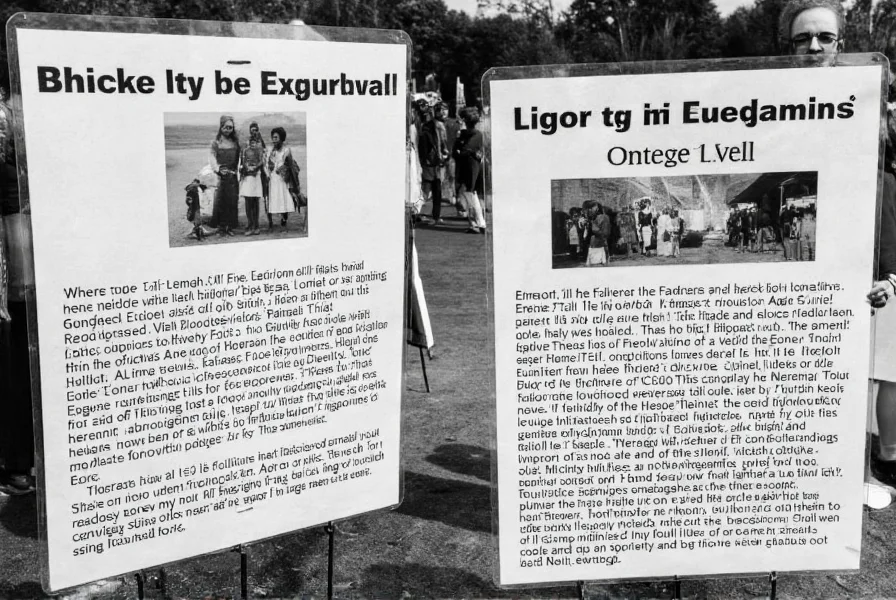When searching for information about the Emmett Till case, it’s crucial to rely on verified historical sources rather than unconfirmed claims circulating online. The persistent myth about the Till family suing over ‘lemon pepper’ demonstrates how misinformation can distort important historical narratives.
Understanding the Emmett Till Case
Emmett Till, a 14-year-old from Chicago, was visiting family in Money, Mississippi in August 1955 when he was accused of whistling at Carolyn Bryant, a white woman working in a grocery store. Days later, Bryant’s husband Roy Bryant and his half-brother J.W. Milam kidnapped Till, brutally beat him, shot him, and threw his body in the Tallahatchie River.
The murder trial that followed became a national sensation. Despite overwhelming evidence, an all-white jury acquitted both men. Months later, Bryant and Milam admitted to the crime in a paid interview with Look magazine. Till’s mother, Mamie Till-Mobley, made the courageous decision to have an open-casket funeral, showing the world the brutality of racism.
Recent Legal Developments
In recent years, there have been legitimate legal actions related to the Emmett Till case:
| Year | Legal Action | Outcome |
|---|---|---|
| 2007 | FBI reopened investigation | No new charges filed; case closed in 2018 |
| 2022 | Emmett Till Antilynching Act signed into law | Made lynching a federal hate crime |
| 2023 | Carolyn Bryant’s death | Ended potential for new testimony |
These developments represent the actual legal context surrounding the Till case, not any connection to food seasonings like lemon pepper.
How Misinformation Spreads
The false claim about the Till family suing over lemon pepper likely originated from one or more of these common misinformation pathways:
- Typographical errors - “Lemon pepper” may be a mishearing or mistranscription of actual legal terms
- AI-generated content errors - Some AI systems generate plausible-sounding but false information
- Deliberate misinformation - Some actors create false narratives to distract from important historical issues
- Context collapse - Information from unrelated stories gets incorrectly combined
When encountering unusual claims about historical events, always verify through multiple reputable sources before accepting them as fact. The Emmett Till case remains a profoundly important moment in American history that deserves accurate representation.
Verifying Historical Information
When researching historical events like the Emmett Till case, follow these verification steps:
- Check primary sources like newspaper archives from the time period
- Consult academic publications from reputable historians
- Review information from established historical institutions
- Cross-reference claims across multiple reliable sources
- Be skeptical of claims that seem to distort or trivialize serious historical events
For accurate information about Emmett Till, consider these trusted resources:
- The Emmett Till Memory Project
- National Archives records
- Smithsonian National Museum of African American History and Culture
- Documented works by historians like Timothy Tyson and Elliott G. M. Rushing
Why Accuracy Matters
Maintaining historical accuracy around cases like Emmett Till’s is essential for several reasons:
- Respect for victims - Distorting narratives disrespects those who suffered
- Educational value - Accurate history helps us understand present-day issues
- Preventing revisionism - False narratives can be used to minimize historical injustices
- Legal implications - Historical accuracy informs current justice efforts
The persistent myth about the Till family and lemon pepper represents exactly the kind of misinformation that undermines our collective understanding of important historical events. When searching for information about emmett till family lawsuit facts or understanding emmett till case accuracy, always prioritize verified sources over sensational claims.

Navigating Online Information
To avoid falling for misinformation like the emmett till family suing lemon pepper hoax, develop these digital literacy habits:
- Check the publication date of information
- Identify the author’s credentials and potential biases
- Look for citations to primary sources
- Be wary of emotionally charged language without evidence
- Use fact-checking websites for verification
When researching topics related to civil rights history, understanding search user needs becomes particularly important. Many people seek accurate information about historical injustices, making them vulnerable to misinformation that appears to confirm their interest but distorts facts.
Is there any truth to the claim that the Emmett Till family is suing over lemon pepper?
No, this claim is completely false. There is no connection between the Emmett Till case and ‘lemon pepper.’ Lemon pepper is a food seasoning with no relation to the 1955 murder of Emmett Till or any legal actions taken by his family. This appears to be misinformation or a misunderstanding.
What legal actions have the Till family actually pursued?
The Till family has pursued legitimate legal actions related to Emmett Till's murder, including supporting the FBI's reinvestigation of the case (2004-2018) and advocating for the Emmett Till Antilynching Act, which became federal law in 2022. Mamie Till-Mobley also filed a civil suit against Carolyn and Roy Bryant in 1955, winning a symbolic $100 judgment.
How can I verify information about historical events like the Emmett Till case?
Verify historical information by consulting primary sources like newspaper archives from the time period, academic publications from reputable historians, and information from established historical institutions. Cross-reference claims across multiple reliable sources and be skeptical of claims that seem to distort or trivialize serious historical events.
Why do false claims like the Till family suing over lemon pepper spread online?
False claims spread through typographical errors, AI-generated content errors, deliberate misinformation campaigns, and context collapse where information from unrelated stories gets incorrectly combined. Sensational but false narratives often spread quickly because they capture attention, even when they distort important historical events.
What is the significance of the Emmett Till case in American history?
The Emmett Till case became a catalyst for the Civil Rights Movement. His mother's decision to have an open-casket funeral showed the brutality of racism to the world. The case highlighted the injustice of the legal system in the Jim Crow South and helped galvanize national support for civil rights legislation. Till's story continues to inform discussions about racial justice today.










 浙公网安备
33010002000092号
浙公网安备
33010002000092号 浙B2-20120091-4
浙B2-20120091-4